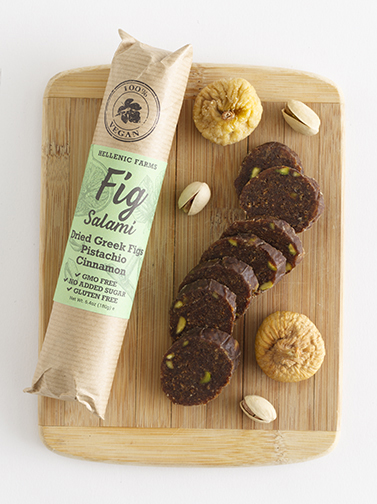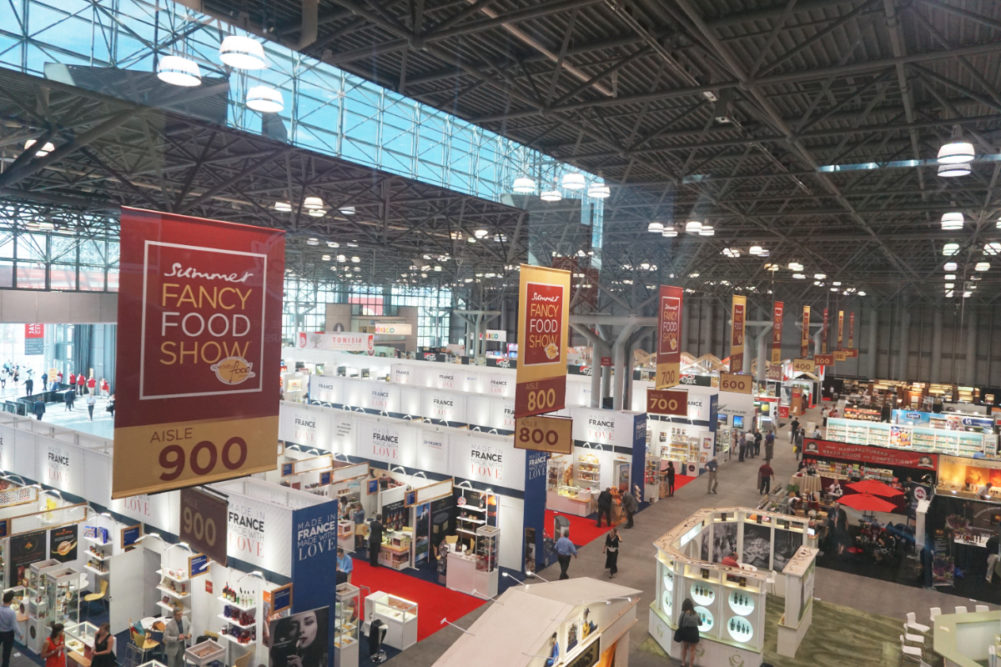NEW YORK — Nearly two-thirds of consumers buy specialty foods and beverages, lifting the industry to $140.3 billion in retail and food service sales last year, according to a new report from the Specialty Food Association and Mintel International.
While the definition of specialty foods is vague, the association’s membership tends to include smaller companies focused on producing premium, craft products.
“The big story is how much specialty food is growing more than all food,” said Denise Purcell, head of content at the Specialty Food Association. “Specialty is up about 13%, and all food is up about 1% in sales. That bodes very well for the industry.”
The latest specialty food and beverage innovation was on display at the Summer Fancy Food Show, held June 30-July 2 in New York, where 2,600 exhibitors featured more than 200,000 products. Specialty food now commands a nearly 16% share of the total food market, led by growth in fresh, refrigerated, frozen and plant-based categories.
“Plant-based is so enormous that it’s almost not even a trend anymore; it’s more of a movement at this point,” Ms. Purcell said. “Protein itself is still expected to be a big consumer driver. Jerky and meat snacks look like they’re still going to continue to do well.”
The top five specialty food categories with the highest dollar growth from 2015 to 2017 were water (up 76%), rice cakes (64%), refrigerated ready-to-drink tea and coffee (63%), jerky and meat snacks (62%) and shelf-stable creams and creamers (62%).
 “Beverages as a collective category are growing even faster than food categories, according to our new research,” Ms. Purcell said. “At the show, we’re seeing sparkling beverages and functional beverages especially.”
“Beverages as a collective category are growing even faster than food categories, according to our new research,” Ms. Purcell said. “At the show, we’re seeing sparkling beverages and functional beverages especially.”
While the core specialty food consumer tends to be between the ages of 24 to 41, the younger generation, ages 18 to 23, is emerging as a key cohort for the industry going forward. These so-called “iGens” are expected to have a significant influence on the state of the specialty food market in the future, Ms. Purcell said.
“It’s early, they’re still forming their opinions, but they are very aware of specialty foods because they’ve grown up with all of these options,” she said. “It doesn’t seem special to them; it just seems like this is how you eat.
“They’re very health focused, wellness focused, they care about what they’re putting into their bodies … they’re not buying in as many categories as the millennial core consumer does yet, and they’re not spending as much, but they’re buying.”
Read on for a taste of the leading trends in the specialty food and beverage marketplace.





